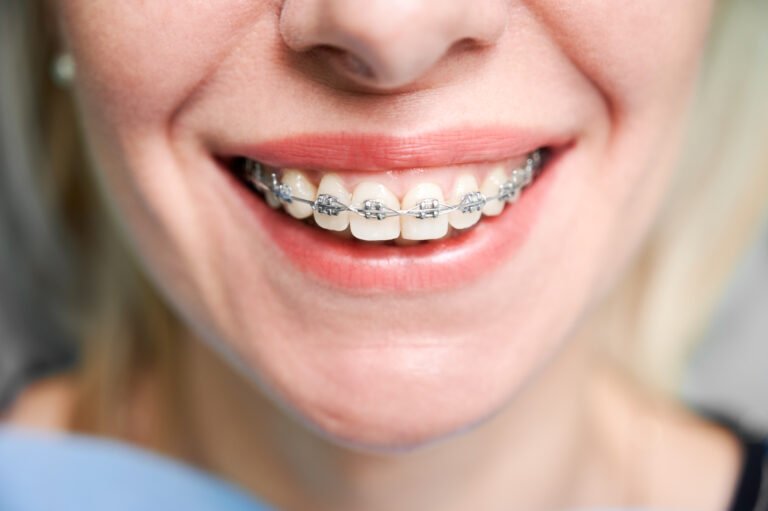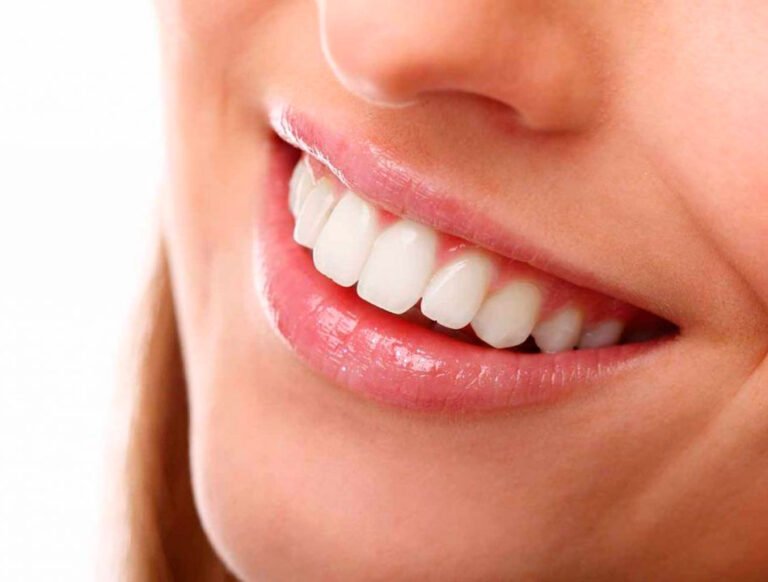Have you ever heard of wisdom teeth? These third molars, located at the back of your mouth, often erupt during late adolescence or early adulthood. While they may seem harmless, can cause a host of dental problems.
What are Wisdom Teeth?
Are the third set of molars that develop at the back of your mouth. They typically erupt between the ages of 17 and 25. However, not everyone develops wisdom teeth, and those that do may not have enough space in their jaws to accommodate them.
Why Remove these third molars?
When these third molars don’t have enough room to erupt fully, they can become impacted. This can lead to a variety of problems, including:
- Pain and discomfort
- Infection: The area around an impacted these third molars can become infected, leading to swelling, redness, and pus.
- Damage to nearby teeth: Impacted wisdom teeth can push against nearby teeth, causing them to shift or become damaged.
- Cysts and tumors: In some cases can develop cysts or tumors.
Impact on Oral Health
Removing these third molars can have a positive impact on your overall oral health. By removing potential sources of infection and damage, you can:
- Reduce the risk of infection
- Protect your remaining teeth
- Improve oral hygiene
When Should You Consider Removal?
Your dentist can determine if is necessary based on a thorough examination. Factors that may influence the decision include:
- The position of the wisdom teeth
- The amount of space available in your jaw
- Your age and overall health
The Wisdom Teeth Removal Procedure
Removal is a common oral surgery performed under local or general anesthesia. The procedure typically involves making an incision in the gum tissue to expose the tooth and removing it. Recovery time varies from person to person, but most people can return to their normal activities within a few days.
While wisdom teeth may seem like a normal part of growing up, they can often cause problems if they don’t have enough room to erupt fully. If you’re experiencing pain or discomfort related to these third molars, it’s important to consult our office to determine if removal is the best course of action.




